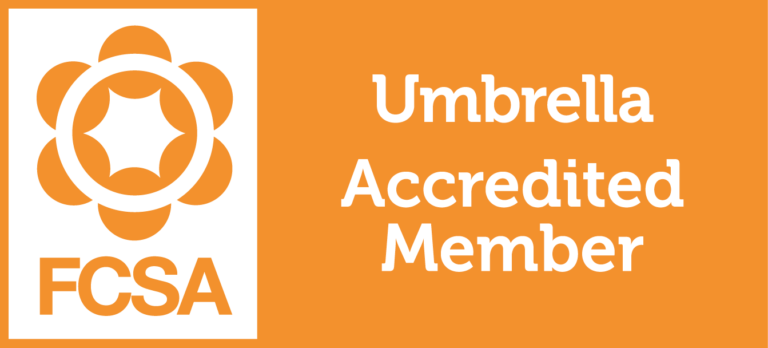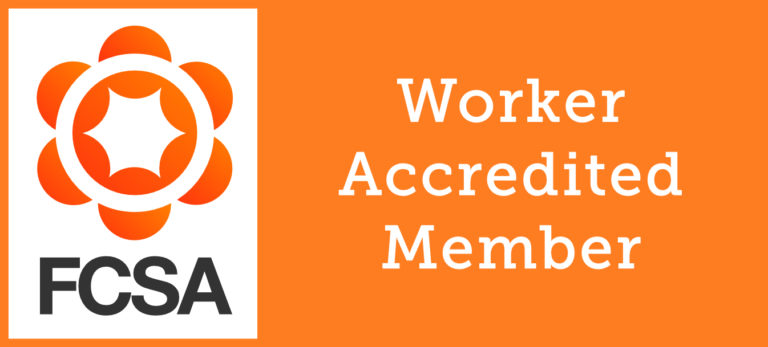The coronavirus pandemic has reawakened dormant career ambitions and acted as the catalyst for a major change in the lives and careers of millions around the globe.
The importance of key workers such as nurses, social workers and teachers was thrown under the spotlight in 2020, attracting new interest in public sector professions from all areas of society. Teaching applications have rocketed to more than twice the levels seen in 2015, and 2020 marked the third consecutive year of greatly increased non-EU applicants. Existing educators are taking time to reflect on what they really want from a vocation and a lifestyle, with more considering overseas teaching jobs than ever before.
Generate’s payroll and contractor management specialists have supported thousands of education professionals. Here we reveal the four things you need to know about working in an international primary or secondary school before you set off to teach abroad.
Everything You Need to Know About International Teaching Jobs
1. Where to Find an Overseas Teaching Job
The UK currently lacks 40,000 education professionals, and as increasing numbers of existing staff retire and around half of all NQTs leave altogether during the first five years of their careers, Britain’s schools are increasingly competing for skilled talent. Teaching professionals are also in high demand in many areas across the world, with particular shortages across countries in Africa including Tanzania, Uganda, the Solomon Islands, Rwanda and Namibia. UNESCO estimates that to achieve universal primary education in the next decade, Africa will need to recruit more than 6million new teachers, with 12million secondary school teachers needed in the same time period.
Although the UK’s shortages are amongst the highest in Europe, other places on the continent are also in urgent need of qualified school staff:
- In 15 years, Sweden will be lacking 45,000 teachers
- In 2020, 55,000 Dutch pupils in primary education were left without a permanent teacher, and 25% of the Netherlands’ entire education workforce will retire in the next decade
- The average age of Italy’s teachers is the highest in Europe, with 45% over the age of 55, meaning imminent retirement and a skills gap for thousands of schools
- More than 40% of Belgian schools suffer severe staff shortages.
2. Required Legal Permits and Documents
Following Brexit, most UK citizens will need both a work permit and a confirmed written job offer to move and work abroad. When the permit and job offer have been received, individuals can apply for a visa to work in the new country; each country’s embassy specifies national requirements. Those interested in moving to North America, Asia and Africa will need to apply for a job before applying for a visa, and nations that enable free travel for tourists often restrict the right to work on temporary visas. Those with specialist skills including teaching can get their school to sponsor their visa application, which coupled with skills shortages, can help educators move and start work overseas within a matter of weeks.
Each continent and its countries will differ in terms of the teaching qualifications they accept, although some will have specific pathways to adapt to the overseas education system in a short period of time (such as the QTS that international teachers can work towards when moving to the UK). Check before you apply for a role whether your potential new school will require any or several of the following:
- Bachelor’s University degree in any subject
- Bachelor’s of Education University degree
- Bachelor’s degree related to your teaching subject
- Teacher training obtained at a recognised University for the appropriate age ranges. In the EU, Ireland and South Africa this is a Higher Diploma of Education, whereas a PGCE may be required in Australia, New Zealand, the USA and Canada.
Wherever you want to work in the world, it’s always beneficial to create copies of the following documentation and be ready to present them as soon as requested:
- All your formal qualifications
- Identification such as passport and drivers’ license
- Two references from current or former Heads or department heads.
3. How to Apply for Jobs in Education
The most popular job boards for education professionals include:
Much like in other sectors, the many channels to apply for jobs in education include careers fairs, online networking groups and specialist recruitment agencies. Recruiters with experience placing teachers abroad will not only be able to help you find a new job, but will usually act as your personal guide throughout the entire process, from visa, travel and accommodation questions to acclimatisation courses and help adjusting in the first few months at your new school.
4. Best Countries to Teach In
Although teachers know that money isn’t everything, many countries outside the UK pay significantly higher salaries to their educators – meaning more freedom to explore everything your new country has to offer, better financial security and a greater quality of life overall. Switzerland pays its teachers on average the equivalent of £81,000 per year (although cost of living is higher), and Luxembourg around £73,000 annually. Germany, the Netherlands and Canada all offer their teachers more than double the annual wages paid by British state schools.
When considering other factors, the best teaching opportunities are spread across the world for a positive working experience wherever you choose. China is one of the most popular destinations globally for ESL teachers, due to its high volume of teaching positions, low cost of living and free accommodation included in work contracts with most schools. The UAE, particularly Dubai, is a common choice for education professionals, due to the ability to earn tax-free salary and significantly increase your savings with a year or two in the Emirates, whilst enjoying the sunny climate.
Tax & Payroll Support for Teachers
Generate provide compliant payroll and contractor management support for teaching assistants and education professionals all over the world – find out how we could help you.
Thinking about becoming a supply teacher? Read our 3 Myths and Realities of a Supply Teaching Career.











